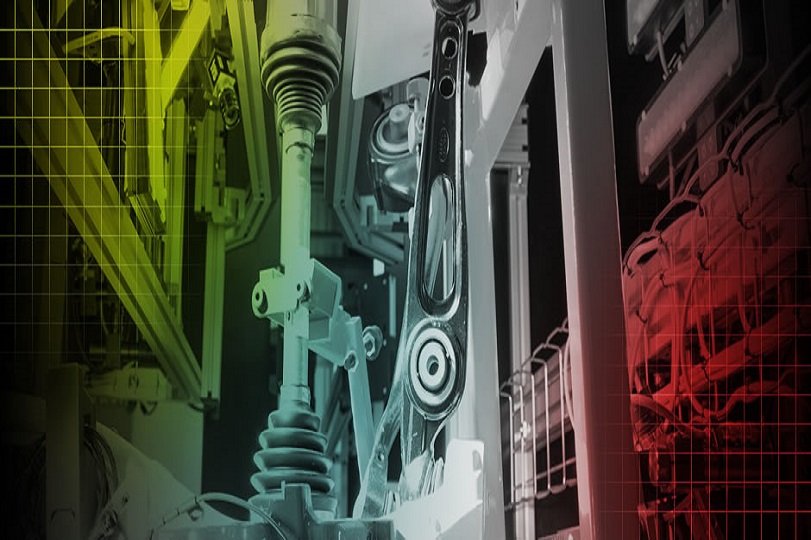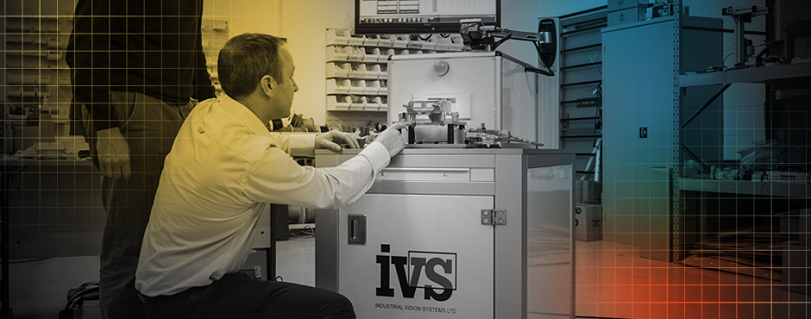Physical Address
304 North Cardinal St.
Dorchester Center, MA 02124
Physical Address
304 North Cardinal St.
Dorchester Center, MA 02124

The manufacturing sector is the leading beneficiary of artificial intelligence technology.
Why? AI makes it possible for better design of products and analysis of data that improves efficiency and safety for machine operators.
Today, AI is the future of most industries, including manufacturing, as it allows the use of the latest techniques to give previously impossible results.
Most noteworthy, the value of AI will be over 10.73b by 2024 as more companies adapt to its use.
Indeed, technology is set to make a difference in many industries because it gives better results than humans would.
AI is the use of a computer system to perform tasks better than people do. It’s an ideal part of manufacturing as it gives better results whilst limiting human intervention, and thus protecting them from danger.
Undoubtedly, manufacturing requires machinery that needs repair and maintenance regularly.
Man-made intelligence predicts when a part of a machine is about to fail and thus alerts the responsible personnel.
Without AI, it’s impossible to detect when a machine is about to malfunction.
This leads to unplanned downtime that causes a company to lose profits.
However, the AI algorithm detects machine failure and prepares the company for addressing the issue, thus reducing downtime costs.
Previously, it was nearly impossible to test a product before using it.
But, today, manufacturers’ test different designs using AI until they achieve the right one.
Engineers like IVS enter the requirements into the AI algorithm.
This may include the budget of the project, limitations, materials, and timeframe.
The algorithm can analyse, test and give possible outcomes.
Machine learning then tests the solutions from the algorithm to determine the best design.
It leads to better versions of products based on the objectives of the device rather than logic.
Following the high demands of equipment worldwide to match the growing needs of the economy, manufacturers must continually make products.
It requires workers to work in shifts because they can’t work unceasingly.
Nonetheless, with artificial intelligence, robots can work 24/7.
Robots require minimal supervision from humans, which results in the maximum output.

Despite how keen you are when observing things, you’ll miss something eventually.
So, besides looking at a product using human eyes, manufacturing industries use a camera that can view and send images to a computer to identify issues.
This requires an AI subset called automated issue identification.
Several things contribute to the success of a manufacturing company.
For example, consumer needs, social and macroeconomic factors.
Unquestionably, evaluating these factors as a human might be personal and thus lose the objective.
However, with an AI algorithm, you can assess the factors and collect information to help you make manufacturing decisions.
AI predicts market change, and helps manufacturing industries to prepare for changes giving it a strategic advantage.
AI is becoming a crucial part of the manufacturing industry, and other sectors too.
The technology depends on data, and it’s up to you to determine how well you’ll be using that data to optimise your production.
The point is, whichever decision you make, you should know that it will make a profound impact on the future of your company.
In other words, AI is an ideal option to turn to.